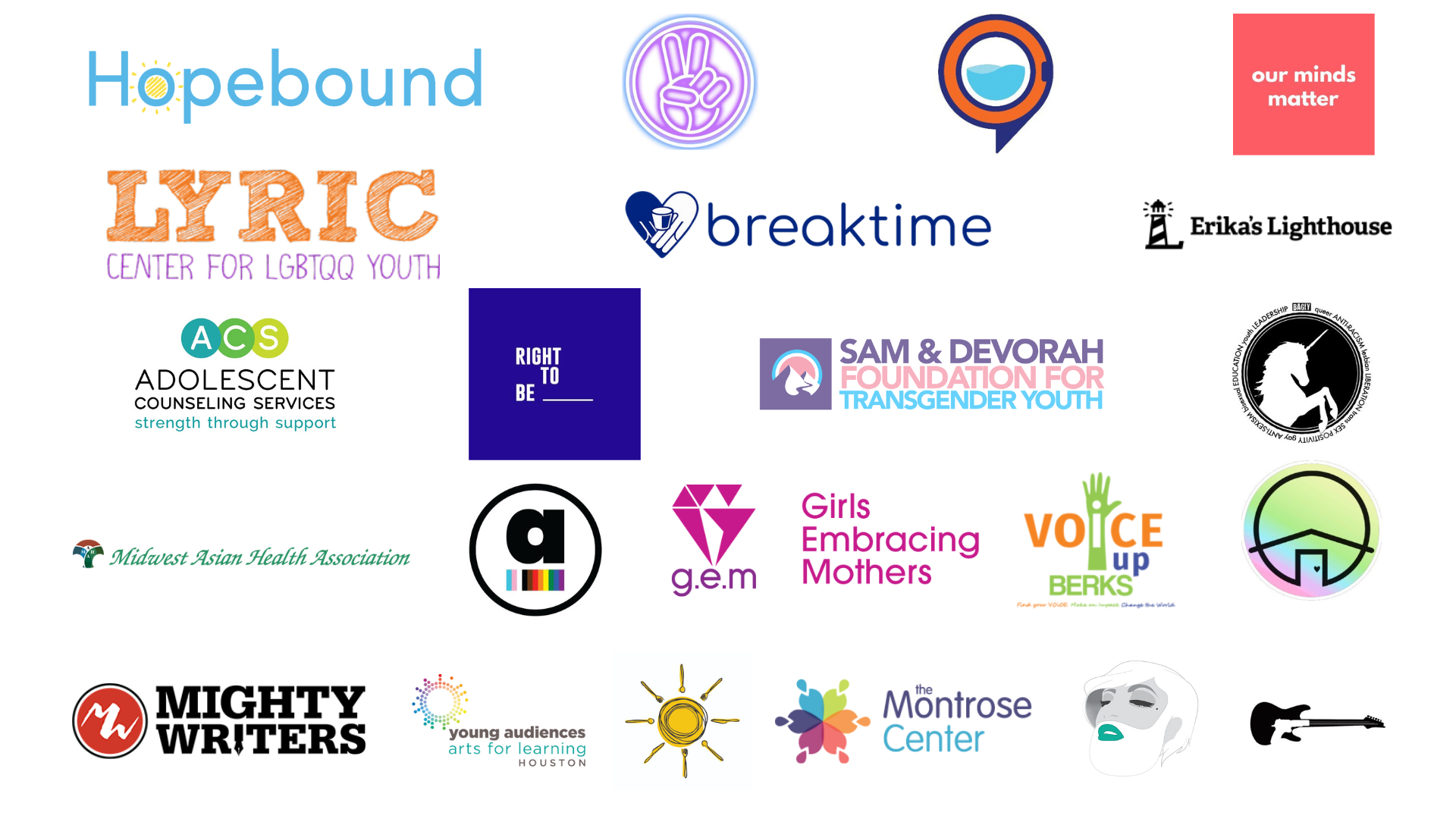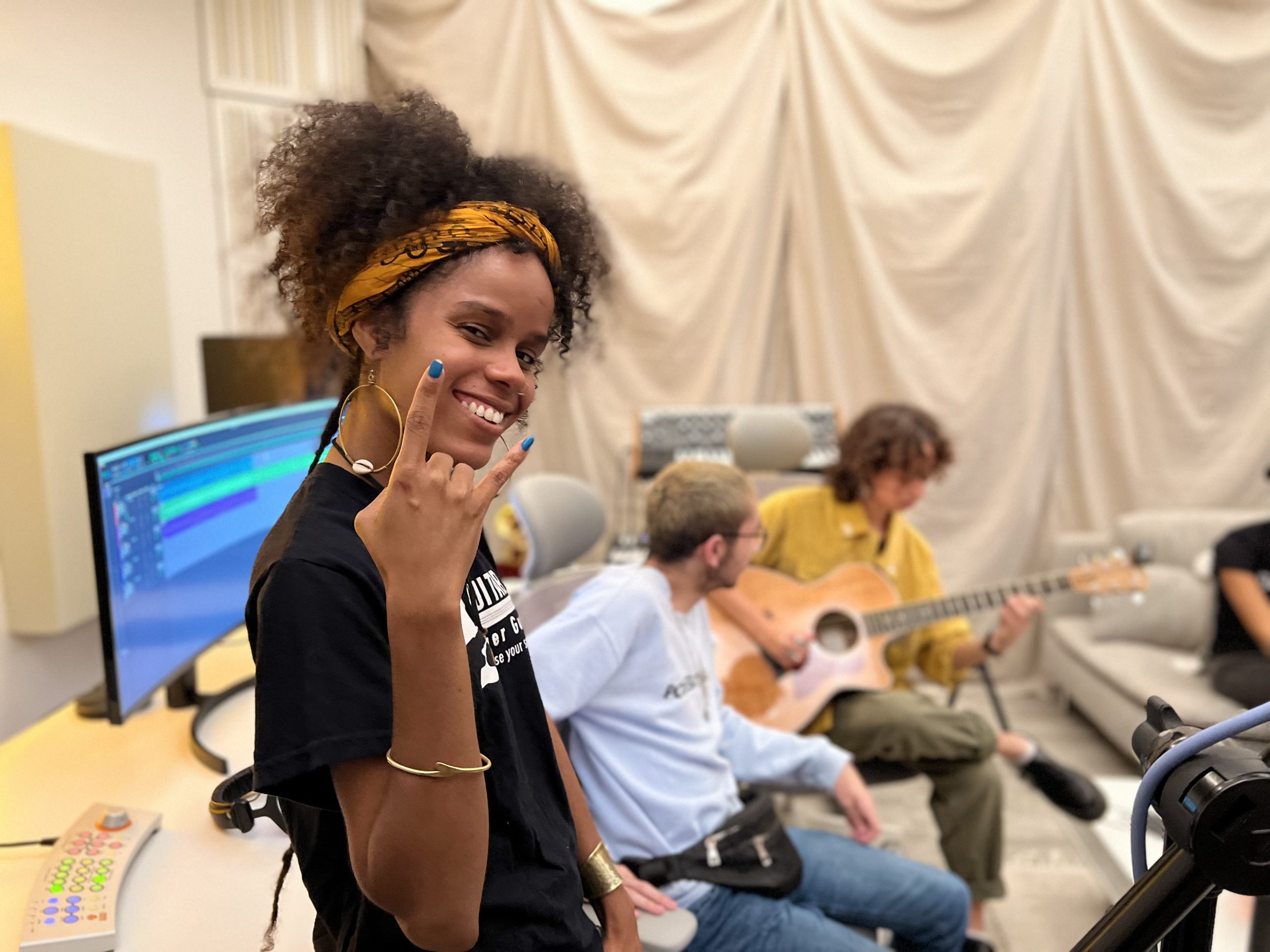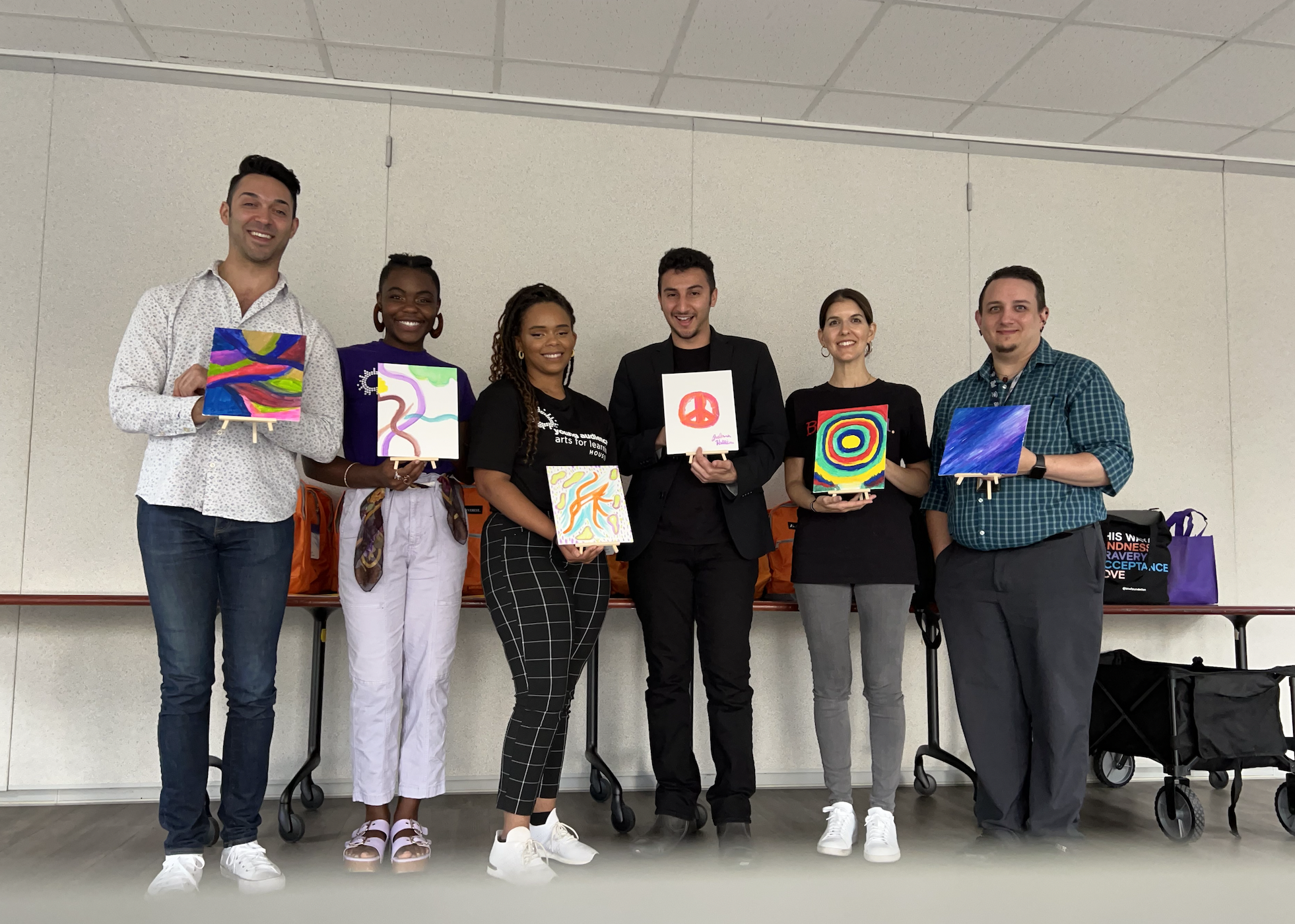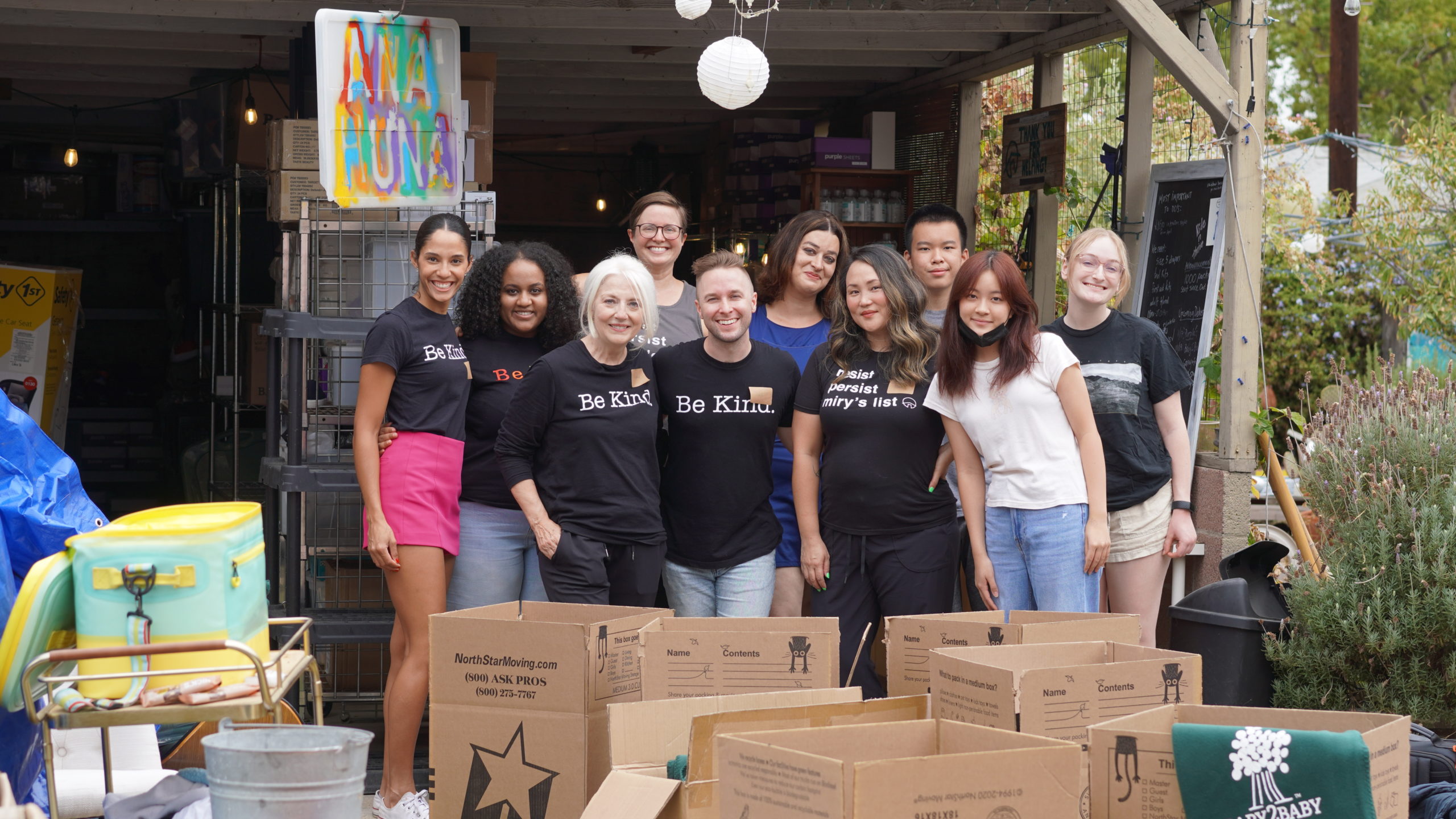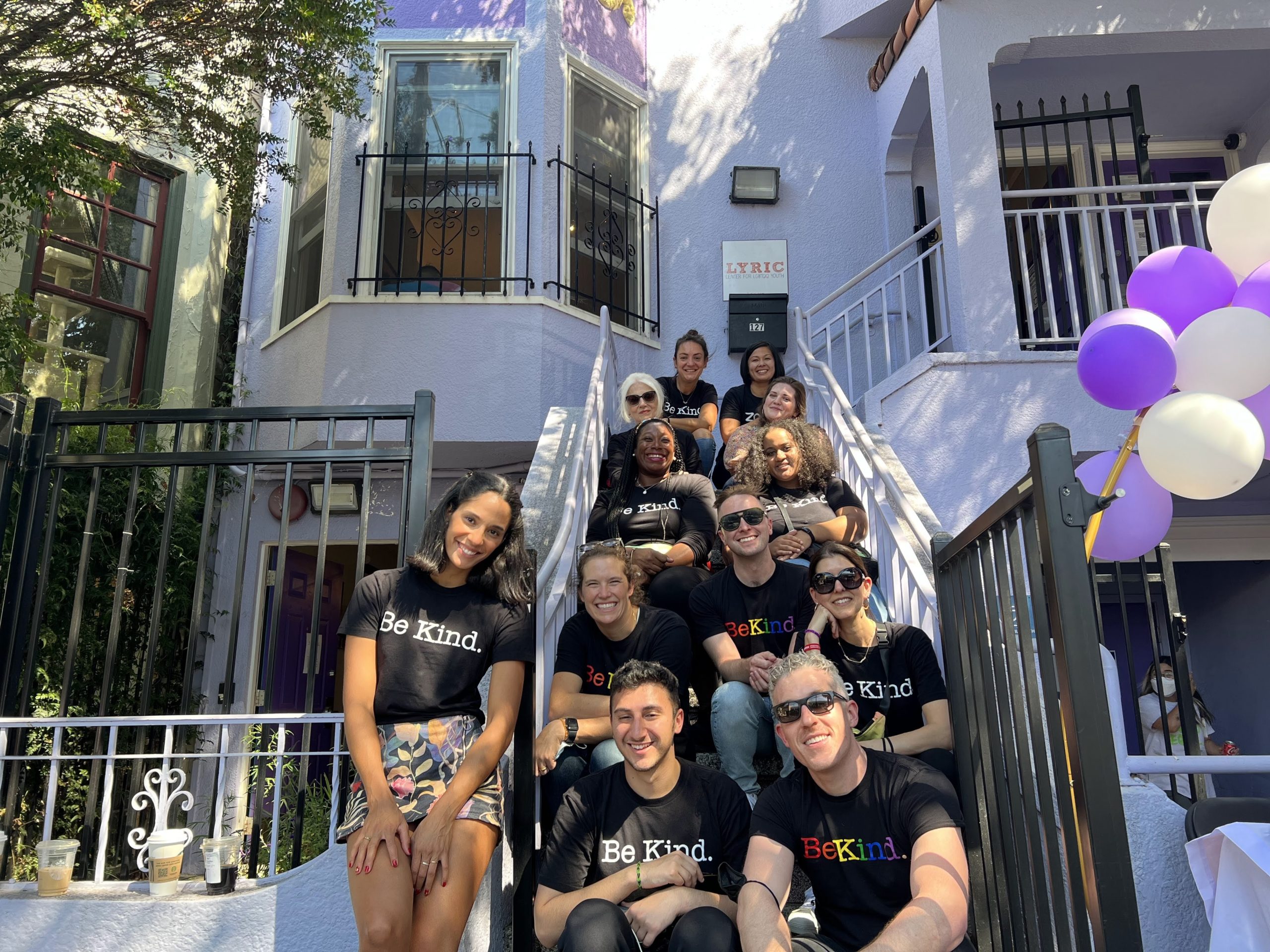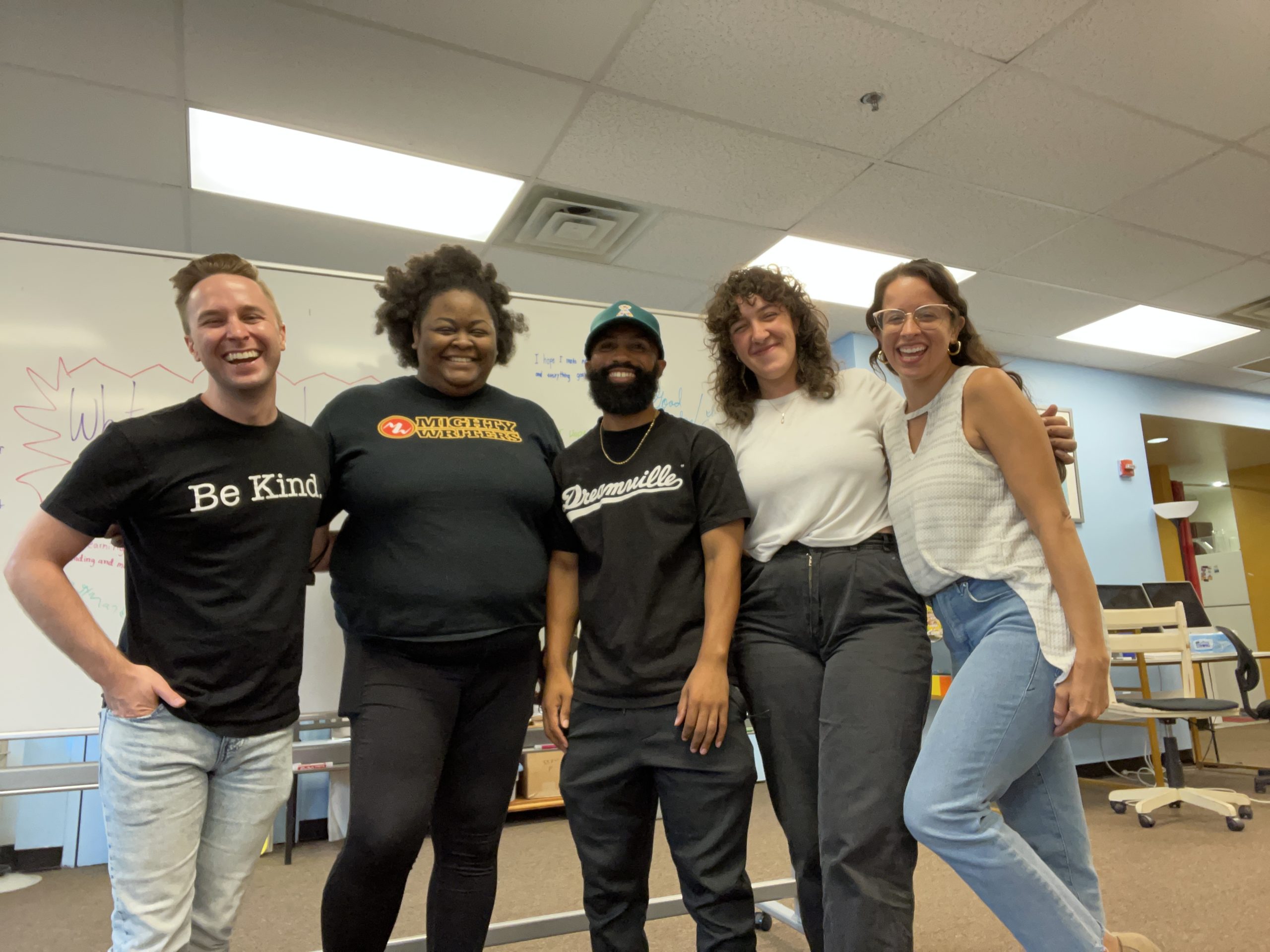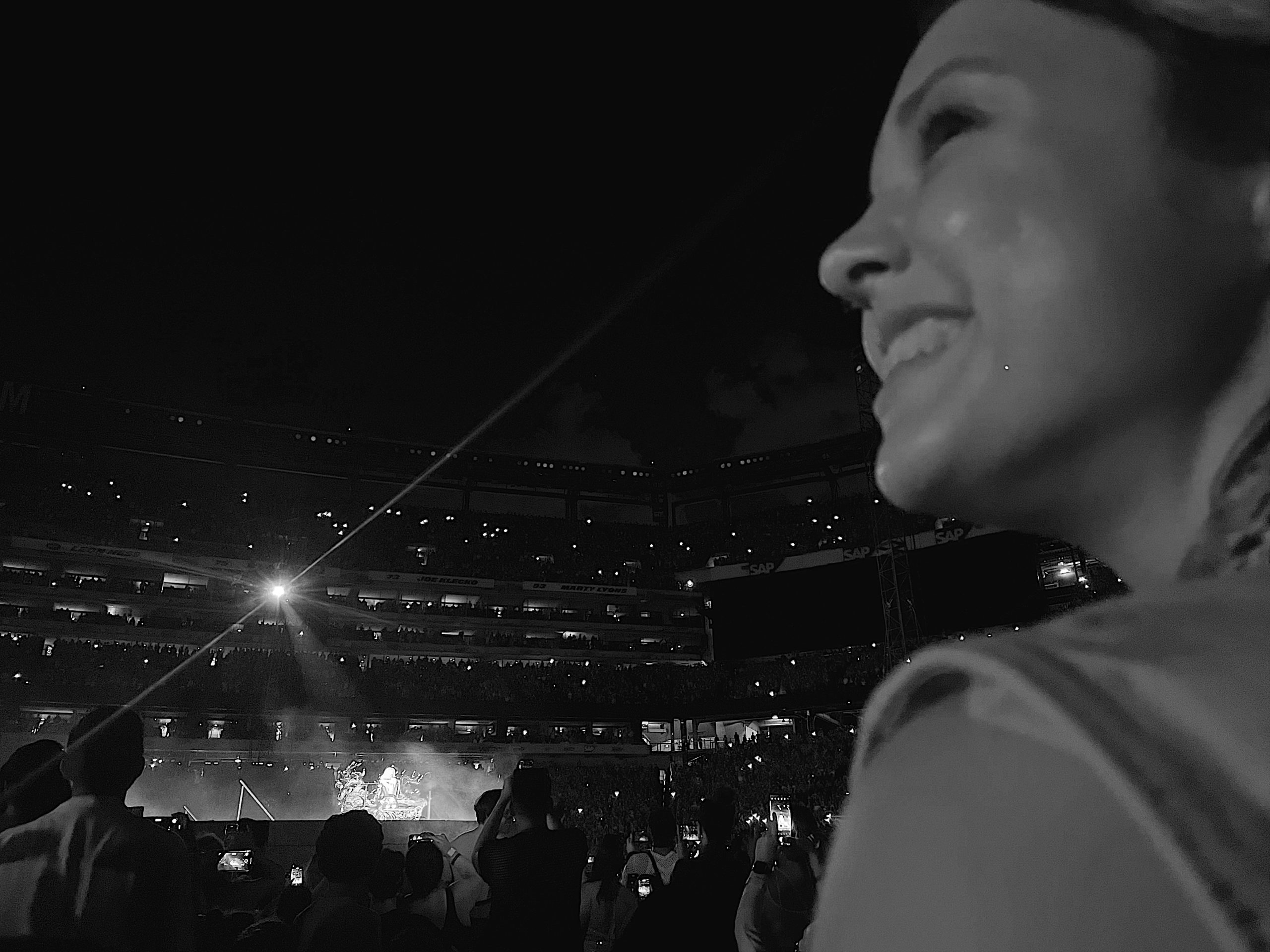
“In Chromatica no one thing is greater than another, and kindness rules all”
Lady Gaga’s sixth studio album Chromatica was released earlier this year to a world of anxiously awaiting fans. Upon its release, we were granted with a slew of upbeat songs with emotionally significant lyrics that many can relate to. The album welcomes mental health challenges and brings about moments of vulnerability and empowerment. Those who listen will want to dance, cry, sing along, and most importantly, accept themselves and the challenges the world throws at them and in the midst of a pandemic, an album like this couldn’t have come at a better time.
Lady Gaga has openly discussed having struggles with her mental health and Chromatica is not an exception to that. The song “911” is especially poignant because it discusses an antipsychotic drug and how it helped her during a breakdown. During an interview for Elle Magazine in 2019, Gaga mentioned how she dissociated, and she was given Olanzapine for emergencies- 911. The song itself, in my experience with dissociation, sounds how dissociating feels. The beat is steady and when combined with the vocals and lyrics of the verse, gives it that static, detached feeling. It’s not every day that a song this vulnerable and descriptive is released, and for those who listen to it, it’s comforting in a sense that they feel understood. For me, “911” was shocking. The first time I heard it, I was in awe at how powerful it was. Oftentimes, I have a hard time translating how I feel when I am dissociating because I completely disconnect from myself, and I think this song perfectly describes what I’ve been trying to explain to others without success thus far.
The song immediately following “911” that brings up another important topic is titled “Plastic Doll,” This song switches up the discussion, and the tone of this section of the album, which primarily talks about mental health specifically. “Plastic Doll” is a conversation on objectification and the idea of being played with. There is a line in the song that emulates an interaction on a red carpet with “Tell me who dressed you, where’d you get that hat” with the idea that women at events that involve red carpets are often asked about their clothing rather than being asked about the work they are doing at the time. In my own experience, I have felt boxed in and this song resonated with me because it’s a commentary on our society. There is a pressure to be perfect and it doesn’t come from any singular place. It’s built into everything. Do well in school or you won’t get into college. Do well in college or you won’t get a good job. You have to look this way or you’re not considered pretty, etc. As someone who doesn’t like to stick to societal standards, I have been told these things so often that they almost become ingrained in myself and I start to think I need to conform. I can relate to the frustration portrayed in the song for this reason.
Probably the most lyrically descriptive song on the album in terms of mental health is “Replay.” This song is admired because it describes Posttraumatic Stress Disorder and panic attacks in a way that people don’t expect. The song is upbeat, but the lyrics are much deeper and much darker. Usually, a song with a topic like this is a slower song or a ballad of some kind. Even the lines, “I don’t know what to do, you don’t know what to say, the scars on my mind are on replay,” and “Every single day, yeah I dig a grave, then I sit inside it wondering if I’ll behave” are two of the most impactful lines in the entire album. Gaga uses the analogy of guns and triggers for the depiction of having triggers that can result in a panic attack. As someone who experiences panic attacks, the chorus of this song is completely relatable. I have been in situations when a panic attack starts and the people around me want to help, but they have no idea what to do and I have no way of telling them what I need in the moment and oftentimes, I don’t even know what it is that I need.
Gaga’s vulnerability in this song specifically is comforting because I know when I am in that state, I can feel so alone and knowing that someone else understands is extremely helpful. Overall, this song is intense and beautifully constructed and performed, but I enjoy it for its relatability and for its commentary on the topic of Posttraumatic Stress Disorder.
In an interview with Zane Lowe for Apple Music, Gaga states, “All that stuff that I went through, I don’t have to feel pain about it anymore. It can just be a part of me, and I can keep going,” and this is the tone for Chromatica as a whole. Chromatica is all about learning and accepting yourself even when you feel as though you don’t deserve it. Chromatica, much like ARTPOP, is anything you want or need it to be, but in the end, it is the journey to healing.
“It turns out if you believe in yourself, sometimes you’re good enough. I would love for people that listen to this record to feel and hear that.”












